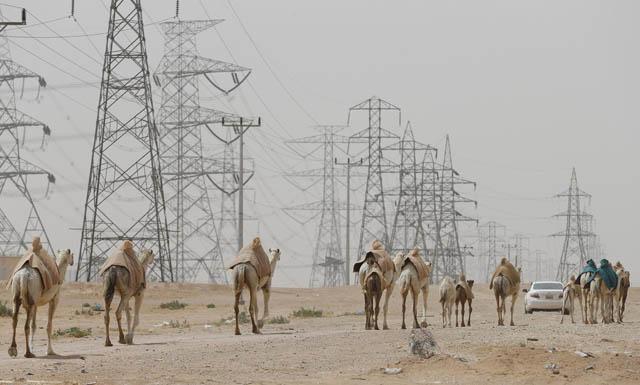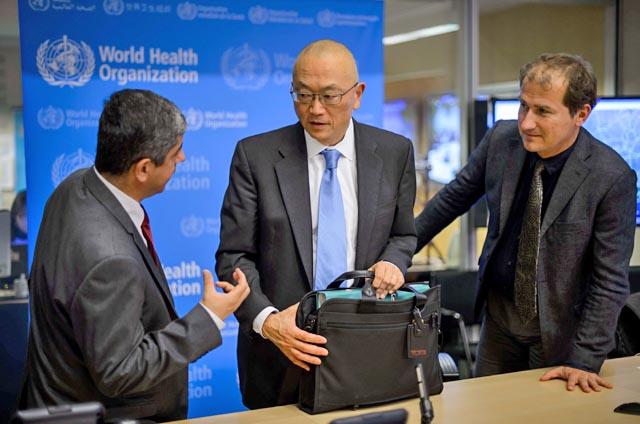You are here
Private Hospitals Association calls for MERS emergency plan
By Khetam Malkawi - May 12,2014 - Last updated at May 12,2014

AMMAN — An emergency plan should be in place to deal with the Middle East Respiratory Syndrome (MERS) coronavirus, for which there is no vaccine or medication to treat patients, a medical expert said on Monday.
In the case of MERS, when the fatality rate reaches 50 per cent of the registered cases, accompanied with the unavailability of medication, all concerned parties should work together and take the necessary precautions, Fawzi Hammouri, president of the Private Hospitals Association (PHA), told The Jordan Times.
Nine cases of MERS have been detected in the Kingdom since 2012, when the first case was registered, while the number of deaths reached five, three of them this year, according to Health Ministry figures.
Hammouri said the country’s private hospitals are exerting all efforts to control the spread of the virus, adding that all hospitals should have trained medics to deal with patients diagnosed with the disease.
He said the Health Ministry “should allow” the private sector to conduct diagnostic tests for the virus, noting that only the ministry’s central laboratories are currently allowed to conduct the tests and they are overcrowded.
In a statement sent to The Jordan Times on Monday, Health Minister Ali Hiasat reiterated that there will be no medical checkups for visitors at border crossings or airports, arguing that this procedure is “inefficient”.
But Hammouri said screenings should be “adopted” at border crossings and airports, as was the case a few years ago during an outbreak of the H1N1 virus, commonly known as swine flu.
Most of the Jordanians who were diagnosed with MERS in the country contracted the infection from non-Jordanian patients, the PHA president pointed out.
Thus, travellers coming to Jordan from countries that have a high number of MERS cases should be screened upon entry, Hammouri said.
Hiasat said the Kingdom has not adopted such measures because the World Health Organisation (WHO) did not recommend them.
MERS has now killed 147 people out of 491 infected in Saudi Arabia since it first appeared in 2012, with cases in the Gulf kingdom accounting for the vast majority registered globally, Agence France-Presse reported.
MERS is considered a deadlier but less-transmissible cousin of the SARS virus that appeared in Asia in 2003 and infected 8,273 people, 9 per cent of whom died.
Like SARS, it appears to cause a lung infection, with patients suffering coughing, breathing difficulties and high temperature. But MERS differs in that it also causes rapid kidney failure, according to AFP
Amid rising concerns over MERS’ spread, WHO is preparing for an emergency meeting to discuss the virus — the fifth time the UN health agency’s emergency committee has met about the mystery coronavirus.
Related Articles
Scientists leading the fight against Middle East Respiratory Syndrome (MERS) say the next critical front will be understanding how the virus behaves in people with milder infections, who may be spreading the illness without being aware they have it.
Concern about the deadly new Middle East Respiratory Syndrome (MERS) virus has "significantly increased" but the disease is not yet a global health emergency, the World Health Organisation said on Wednesday.
The Health Ministry on Saturday recorded the ninth case diagnosed with the Middle East Respiratory Syndrome (MERS) coronavirus.
















